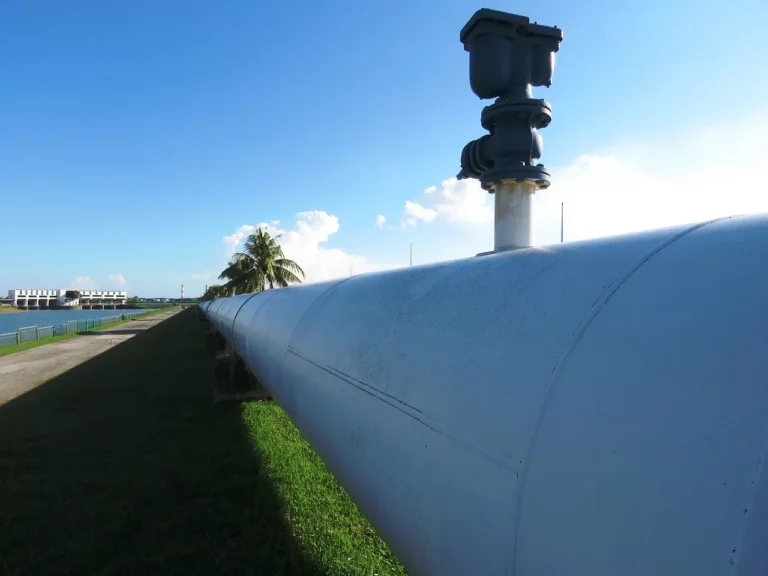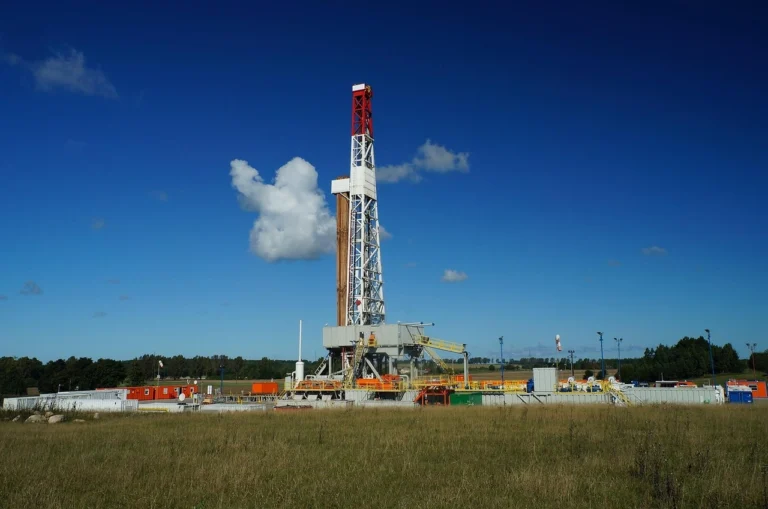
BASF and Equinor Forge Long-Term Strategic Alliance with 10-Year Natural Gas Supply Agreement
In a significant development for Europe’s energy and chemical sectors, BASF SE and Equinor ASA have formalized a strategic partnership through a decade-long natural gas supply agreement. Under the newly signed contract, Equinor will deliver up to 23 terawatt-hours (TWh) of natural gas annually to BASF over a ten-year period beginning October 1, 2025. This deal represents not only a step forward in securing reliable energy for one of Europe’s largest industrial players but also highlights the growing importance of cleaner fossil fuels in facilitating the continent’s energy transition.
A Deal Anchored in Stability and Sustainability
The agreement ensures BASF, one of the world’s leading chemical companies, access to a stable and substantial volume of natural gas—an essential energy and feedstock input for its operations across Europe. By locking in up to 23 TWh annually, the contract provides long-term visibility and stability for both companies amid an increasingly complex energy landscape shaped by geopolitical volatility, policy-driven decarbonization, and fluctuating energy markets.
For BASF, the deal underscores its commitment to enhancing supply security while aligning its raw material sourcing with sustainability targets. “We are very happy to enter into this long-term partnership with Equinor for the reliable supply of low-carbon natural gas for BASF’s operations in Europe,” said Dirk Elvermann, Chief Financial Officer and Chief Digital Officer of BASF SE. “Equinor is a trusted and valued partner. The supply agreement not only comes with competitive terms but also supports our sustainability targets.”
Securing Feedstock for a Resilient Chemical Supply Chain
Natural gas plays a dual role in BASF’s integrated production model: it serves both as a source of energy to power operations and as a critical feedstock in the synthesis of basic chemicals that serve as building blocks for a wide range of end products. From plastics and coatings to fertilizers and hygiene products, BASF’s portfolio supports virtually every industrial value chain in Europe.
The Ludwigshafen-based company depends on natural gas to maintain operations at several of its major Verbund sites, where chemical production processes are highly integrated and energy-intensive. By securing this supply from Equinor, BASF reinforces the resilience of its supply chain and reduces the risk of disruptions that could arise from volatility in energy markets or geopolitical developments—such as the ongoing reevaluation of energy imports across Europe following the Russian invasion of Ukraine.
Norway’s Role as a Trusted Energy Supplier
The supply agreement also reaffirms Norway’s strategic role as a secure and reliable supplier of natural gas to Europe. Equinor, a global energy company headquartered in Stavanger, Norway, has consistently positioned itself as a responsible producer of hydrocarbons with an emphasis on low-emissions production. The gas delivered to BASF will be sourced from Norwegian offshore fields and transported via pipelines with some of the lowest carbon emissions in the global energy sector.
Anders Opedal, President and Chief Executive Officer of Equinor, emphasized the alignment of the deal with broader European energy goals: “This agreement further strengthens our partnership with BASF. Natural gas not only provides energy security to Europe but also critical feedstock to European industries. I am very happy that our gas also supports BASF’s efforts to reduce their carbon footprint. Gas from Norway comes with the lowest emissions from production and transportation.”
By reinforcing energy ties between Germany and Norway, the agreement further strengthens bilateral cooperation and supports the broader energy transition ambitions of the European Union. Norway is currently the largest supplier of natural gas to the EU, having overtaken Russia’s position after 2022.
Market-Based Structure and Competitive Advantage
Unlike many legacy contracts in the gas industry that were historically indexed to oil prices, the agreement between BASF and Equinor is explicitly structured on market terms. This approach reflects evolving trends in European gas markets, which are increasingly liquid, transparent, and hub-based. For BASF, it means pricing that responds to actual market dynamics, allowing the company to better align its procurement strategy with both operational needs and economic performance.
For Equinor, the agreement represents a significant downstream commitment that secures market access and long-term revenue, while positioning the company as a supplier of choice for industrial clients seeking both reliability and sustainability. Equinor’s portfolio includes not only conventional oil and gas but also renewables and low-carbon solutions, and this flexibility allows it to meet the evolving needs of industrial clients like BASF that are navigating the energy transition.
A Broader Partnership Beyond Gas Supply
The long-standing relationship between BASF and Equinor goes beyond this gas supply agreement. The two companies have collaborated in various ways over the years, especially within the framework of Equinor’s role as a major supplier of hydrocarbons and chemicals. BASF has purchased gas and liquids from Equinor for years, and the companies share a mutual interest in decarbonization and innovation.
As Europe accelerates efforts toward net-zero targets, strategic industrial partnerships like this one are expected to play a critical role. Natural gas, while a fossil fuel, is seen by many as a transition fuel that enables industries to reduce emissions relative to coal and oil while scaling up renewable alternatives.
In parallel, BASF is actively investing in a more sustainable future through electrification of chemical processes, carbon capture and storage, circular economy initiatives, and the development of low-emission hydrogen. Equinor, for its part, is pursuing carbon management projects, offshore wind development, and renewable investments to decarbonize both its own operations and the energy it supplies.
Energy Security Meets Climate Responsibility
The geopolitical shocks of the past few years have brought energy security back to the forefront of European policy. At the same time, regulatory mandates—such as the European Green Deal and national decarbonization strategies—are pushing industries to significantly cut emissions. This dual challenge creates a complex environment where industries must balance the need for reliable energy with environmental imperatives.
This is where natural gas from Norway fits in. With one of the lowest carbon footprints among global gas suppliers and robust infrastructure linking Norwegian gas fields to continental Europe, Equinor’s gas is uniquely positioned to serve as a bridge fuel. The BASF deal highlights how cleaner fossil fuels can still serve a vital function in decarbonizing industrial value chains—especially in hard-to-abate sectors like chemicals.







